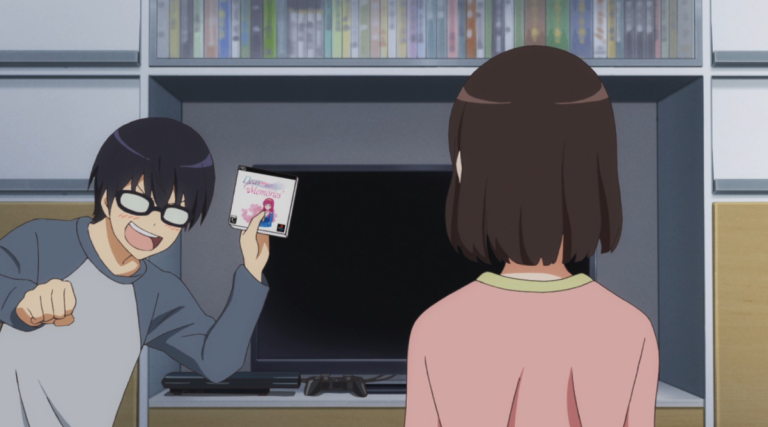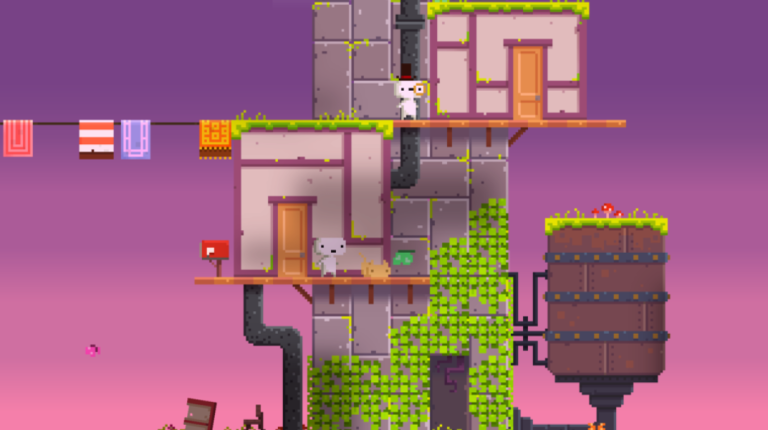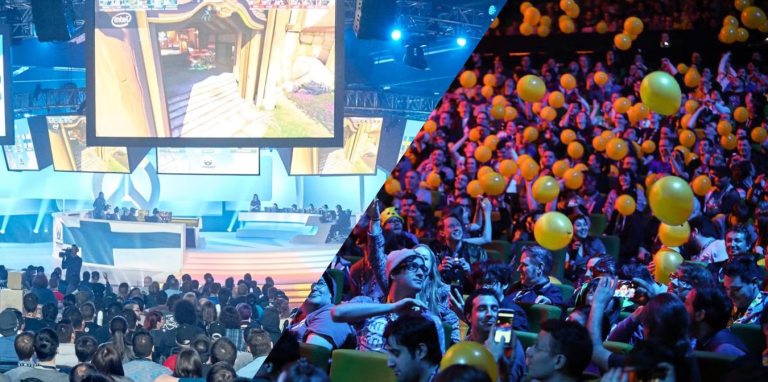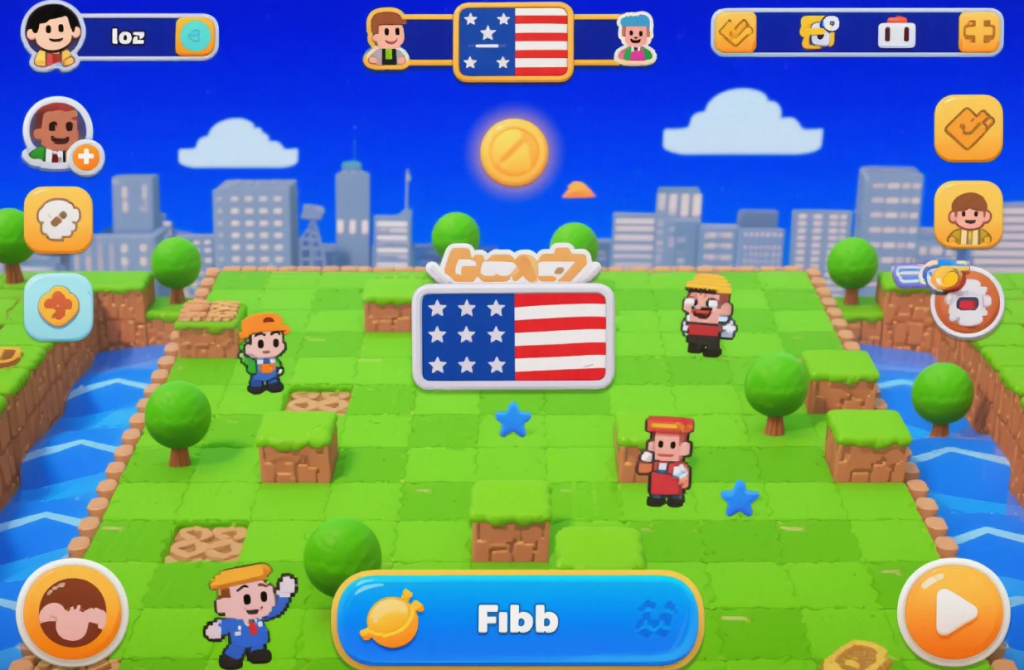
Lately, my friends and I have been buzzing about this blockbuster game that’s taken the world by storm. My buddy Ethan told me that while playing, it felt like more than just leveling up or beating bosses — it was like stepping into a complex political battlefield. Even my coworker Olivia found herself chatting during lunch about the game’s storylines, which eerily reminded her of real-world power struggles and social conflicts. So why does one game spark such deep conversations? What’s behind these political metaphors woven into its world?
Games aren’t just about fun anymore. Just like a great movie or novel, a well-crafted game can reflect real life and convey powerful messages. The political undertones in games act like mirrors, showing us societal issues that might feel distant but are very real.
Imagine you’re sitting with your friends in the living room, controllers in hand, staring at a city torn apart by war on the screen. You’re not just playing a game — you’re navigating a “game of power.” Different factions fight over resources, beliefs, even survival itself. The gray areas you encounter aren’t just in-game mechanics — they echo the ethical dilemmas we face in everyday life. It might remind you of office politics, or the messy friendships and alliances in your social circle.
Take for example a powerful ruler character in one game — seemingly unstoppable but secretly hanging by a thread, juggling rival factions to keep the peace. Doesn’t that sound like the politicians we hear about in the news? People trying to hold their fragile empires together behind closed doors? Ethan said he felt like this part of the game was basically a compressed version of reality.
Beyond that, stories of betrayal, shifting alliances, and misinformation in games bring to mind media manipulation and fake news. What you might read in the morning headlines shows up in a different form as you play in the afternoon. This clever political metaphor uses virtual stories to make real-world problems tangible. It’s more relatable than reading a news article, sparking emotions and deeper reflection.
What’s fascinating is how players connect these virtual political worlds to their own lives. My coworker Olivia said, “Playing this game feels like I’m a small piece caught between bigger powers, trying to survive. It’s kinda like my daily grind at work — managing relationships, playing along with the politics.” Games like this become unofficial social simulators, helping us understand power dynamics and human nature.
Many games also weave in themes like race, class, and freedom — exploring social issues subtly through their narratives. As players complete missions, they’re nudged to think about what fairness means, or the cost of compromise. Ethan mentioned that before playing, he hadn’t really thought much about these topics, but the game opened his eyes to the unfairness in the real world.
And these political metaphors don’t appear by accident. Game designers often pull from current events and social debates to add depth and intrigue. Like how The Matrix uses sci-fi to discuss free will and rebellion, games engage players with interactive experiences that immerse them in complex social questions.
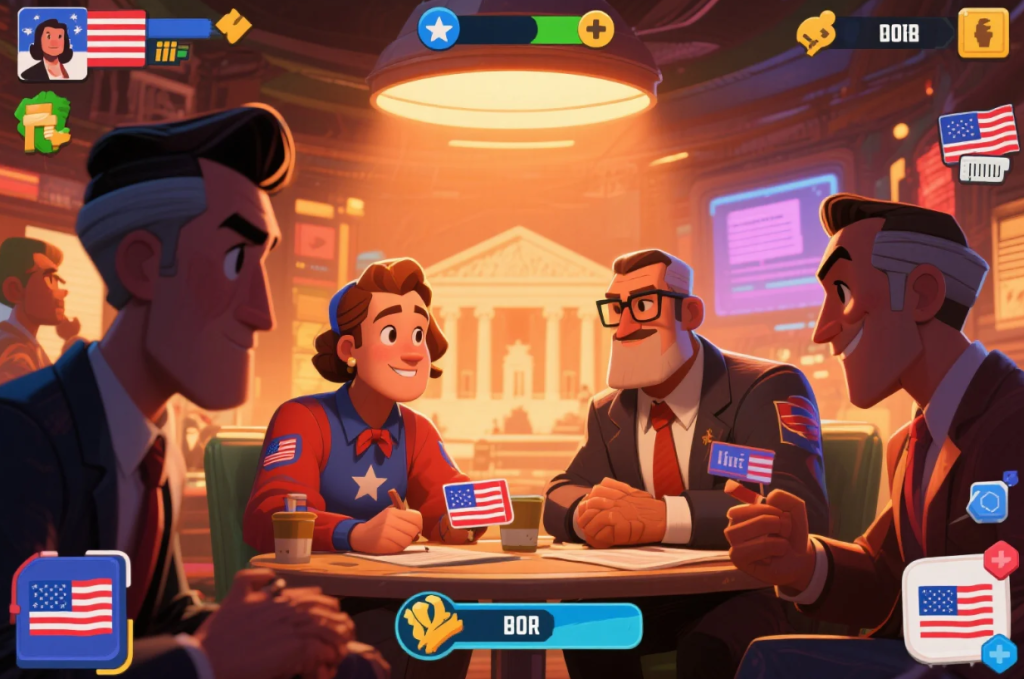
At its core, political metaphor in gaming is a modern art form — using virtual worlds and player interaction to visualize tough societal problems. It’s like a key unlocking new ways of thinking, allowing players to reflect while having fun. The conversations Ethan and Olivia had show this power clearly: games have grown beyond mere entertainment, becoming cultural phenomena that spark social awareness.
Looking ahead, as gaming tech and storytelling keep evolving, expect more of these rich political themes to surface. So next time you’re deep in a game, pause for a moment and ask yourself — is this just a quest, or a window into the realities of our time?
If you enjoy deep dives into gaming culture like this, drop a comment below with your thoughts! And tell me which games have surprised you with their hidden political messages. Catch you in the next article!
![]()
